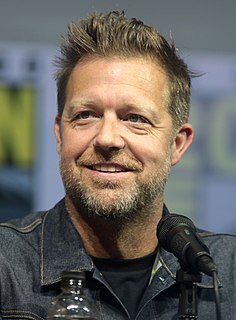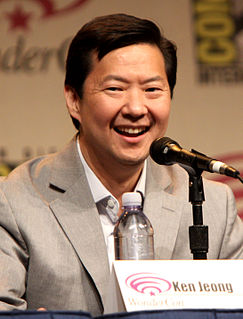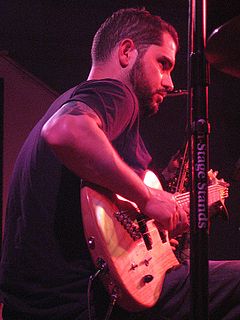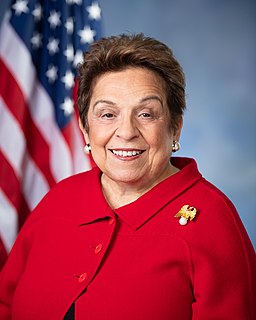A Quote by Victor Davis Hanson
I think there's a group of students - whether it's the micro-aggression or the safe space or the trigger warning that garner a lot of attention - but that the fundamental issues that they're more interested in are - and I'll be very frank here - how much money do I pay for a unit? And what is that unit going to do for me when I'm graduating?And even though this is mostly in a progressive landscape, they're asking questions that have not been asked of the university. And the university can't supply answers to them.
Quote Topics
Aggression
Answers
Asked
Asking
Asking Questions
Attention
Been
Even
Frank
Fundamental
Garner
Going
Graduating
Group
How
How Much
How Much Money
Interested
Issues
Landscape
Lot
Me
Micro
Money
More
Mostly
Much
Pay
Progressive
Questions
Safe
Safe Space
Space
Students
Supply
Them
Think
Though
Trigger
Unit
University
Very
Warning
Whether
Related Quotes
I believed in looking at people as individuals, not in groups. I hated groups; still do. And I saw particularly the university, the university artists really acted as a group. The others didn't so much, but the university people took advantage of that and behaved like a group, rather than as individuals. They had a lot of power that way.
I fear that the impact of university censorship and university denial of due process will be to mis-educate a generation of students away from core values of civil liberties and constitutional safeguards. Students who have been led to believe by university administrators and faculty that censorship and denial of due process are acceptable norms will be more susceptible to accepting those norms in their post-university lives. That would be a tragedy for America.
There are, however, many challenges to Asian universities. First, academic freedom, in all senses, is much more critical to the success of a university than how much money is spent on infrastructure or on hiring big names. Faculty need to have the space to pursue the research that they are passionate about and the also need to have the freedom to express their opinions in the university, and in the society as a whole.
Even as I've become more reticent about the political possibilities of the academic space, I want to note that students have played significant roles in insurrectionary activity across the globe for decades and centuries, and I don't think that we've crossed some threshold where that's never going to happen again. We still need to take the university space quite seriously.
Jodie Foster did it, Natalie Portman did it. I think it's entirely possible to juggle university with filming... I actually think going to university will make me a better actress. The experience of living like that, working to deadlines, living with other students. It's all the things I want. There are actresses who don't know about things like doing their own laundry and getting a bus. I'm not going to be like that. For me, this is just the beginning. I've only shown a little bit of what I can do. There is so much more to come.
When I talk about how we're going to pay for education, how we're going to invest in infrastructure, how we're going to get the cost of prescription drugs down, and a lot of the other issues that people talk to me about all the time, I've made it very clear we are going where the money is. We are going to ask the wealthy and corporations to pay their fair share.
At first I wanted to go to university, but I really didn't dare to. I was too self-conscious, being a working-class kid. It was really difficult. I was going to study history, but the professor asked me some questions I didn't understand, and I didn't dare to ask what they meant. I left university and went to work in the Post.
The [Burmese] government appears to be more interested in stamping out political activity than drug addiction. Very few university students on the campus could get away with engaging in political activities, but they seem to be able to get away with taking drugs. We have heard that it is very easy to obtain drugs on the university campuses.








































